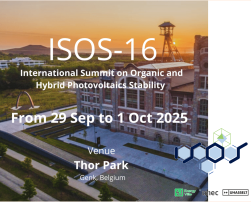
The International Summit on Organic and Hybrid Photovoltaics Stability (ISOS) centers on the critical theme of enhancing the long-term and operational stability of organic and hybrid perovskite solar cells.

The International Summit on Organic and Hybrid Photovoltaics Stability (ISOS) centers on the critical theme of enhancing the long-term and operational stability of organic and hybrid perovskite solar cells.
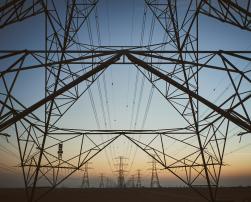
This article discovers how TIMEPAC’s dynamic, data-driven energy certification equips building professionals with tools, training, and insights to lead Europe’s building stock decarbonisation.

Energy consumption in buildings is a critical source of pollutant emissions across the EU. This study examines its differentiated impacts on health and climate, and calls for the integration of both dimensions into energy efficiency policies.
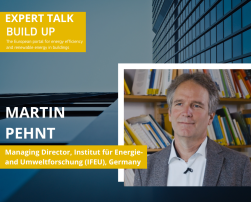
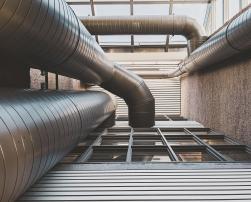
A rigorous study reviews the latest advancements in HVAC technologies and renewable energy systems applied to zero-energy buildings. This work offers a key contribution for professionals and institutions committed to sustainable urban development.
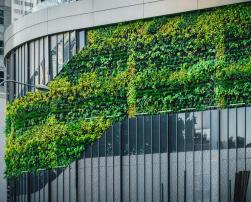
Bucharest has taken a decisive step towards sustainable construction with the launch of its first zero-emission residential project. The development embodies a new urban vision focused on energy efficiency, residential comfort, and environmental responsibility.
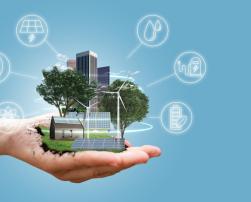
This article explores how smart design, renewable energy, and artificial intelligence are transforming buildings into zero-energy powerhouses—cutting emissions, slashing energy bills, and reshaping the future of sustainable living.
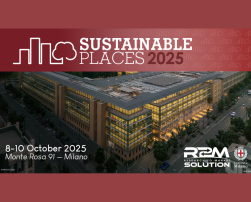
Sustainable Places (SP25) features topics that are shaping how we think about cities and the built environment. The event, organised by R2M Solution, is open to all topics related to building sustainability and most often reflects priorities described in the European Commission Societal Challenge.
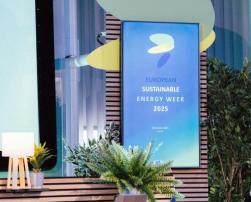
From innovative solutions in rural areas, the standardisation of construction materials to the smart integration of renewable energy sources, the initiatives presented during EUSEW reflect a strong commitment to transforming the built environment into a driver of sustainability and modernisation.
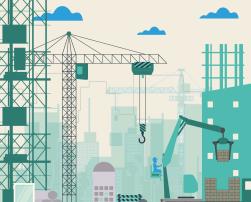
The report 'Carbon financing for low-carbon buildings' places a spotlight on embodied emissions in construction materials. In addition to exposing the lack of adequate standards, it proposes concrete mechanisms to mobilise climate finance and scale up low-carbon building solutions globally.